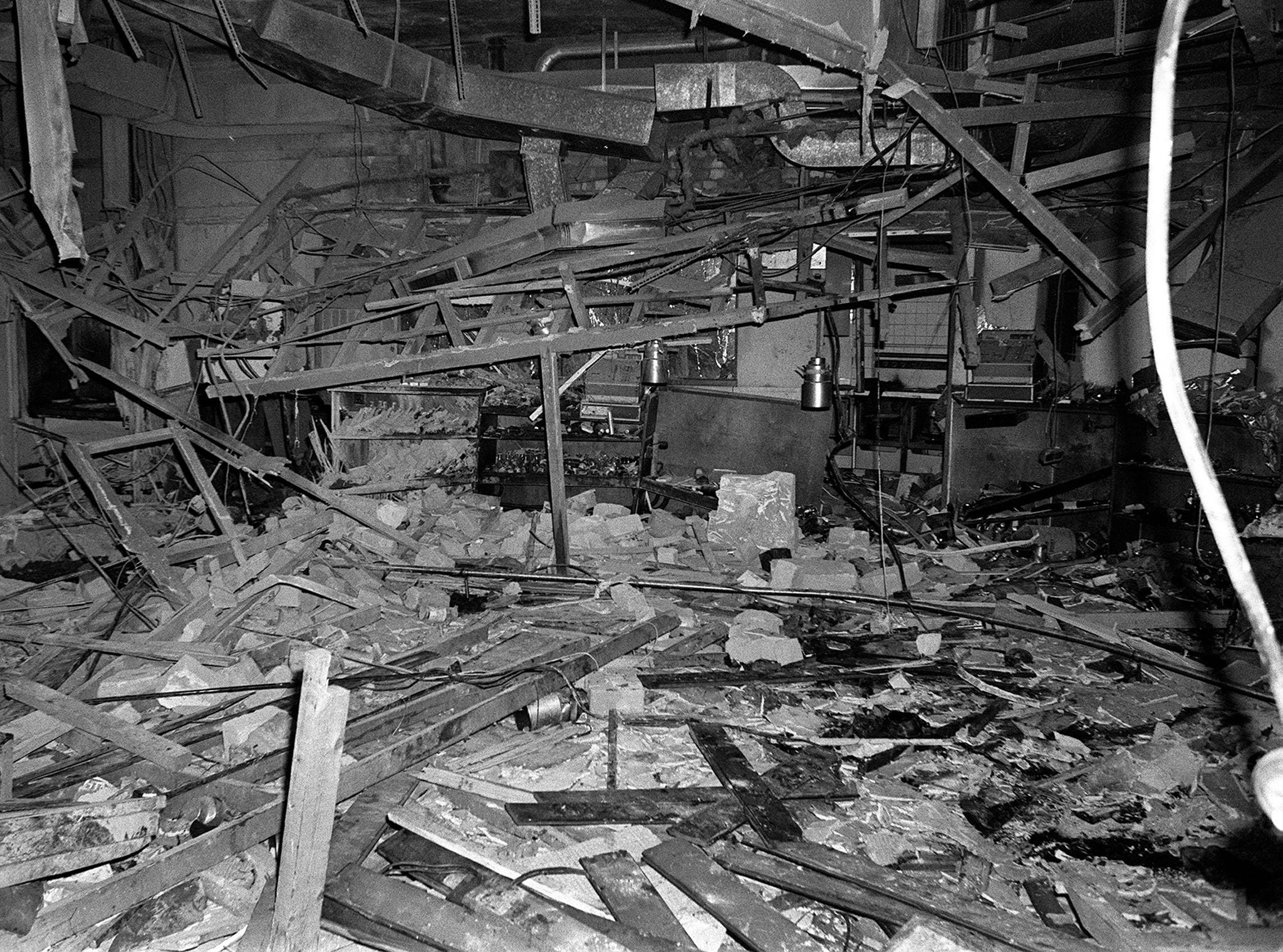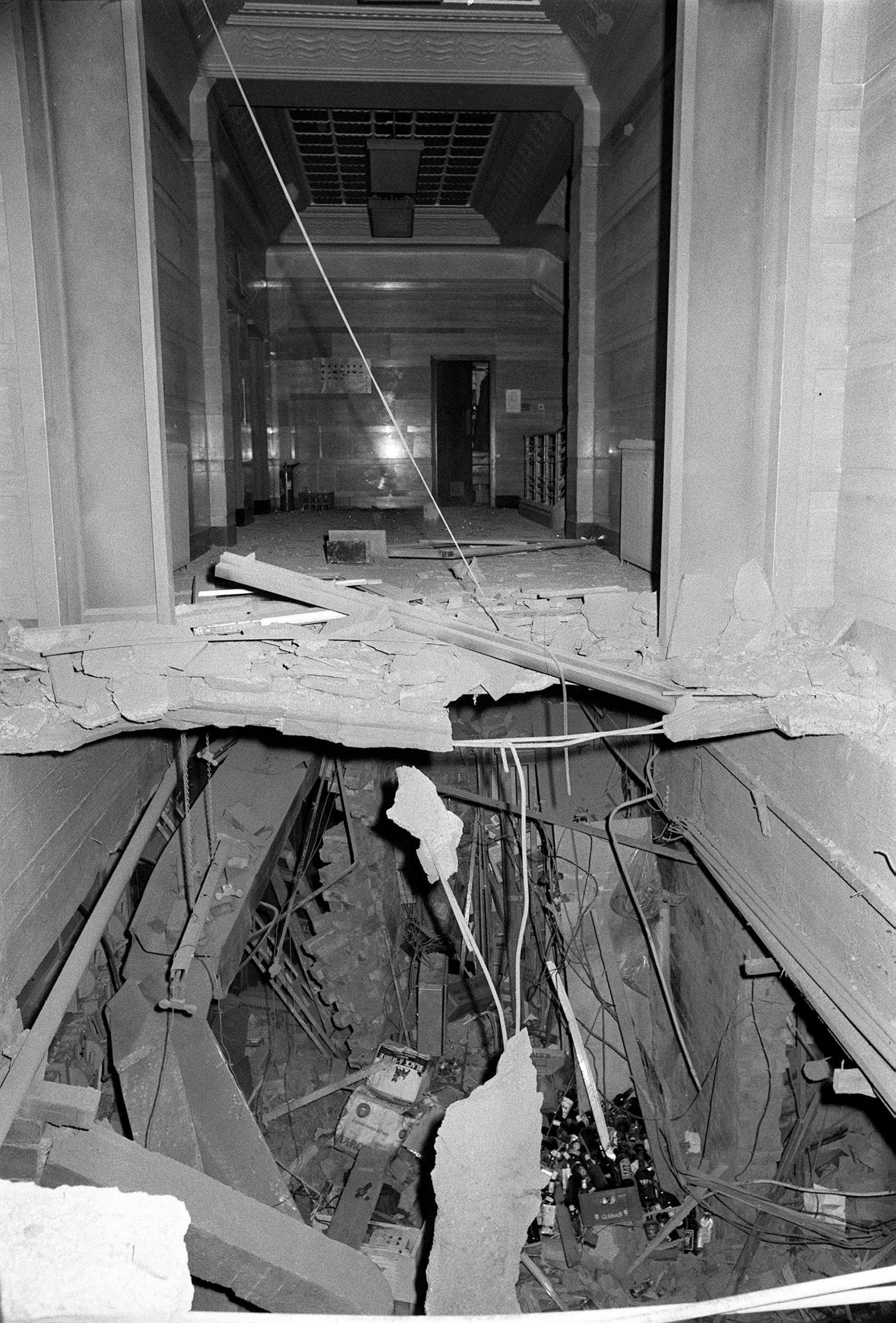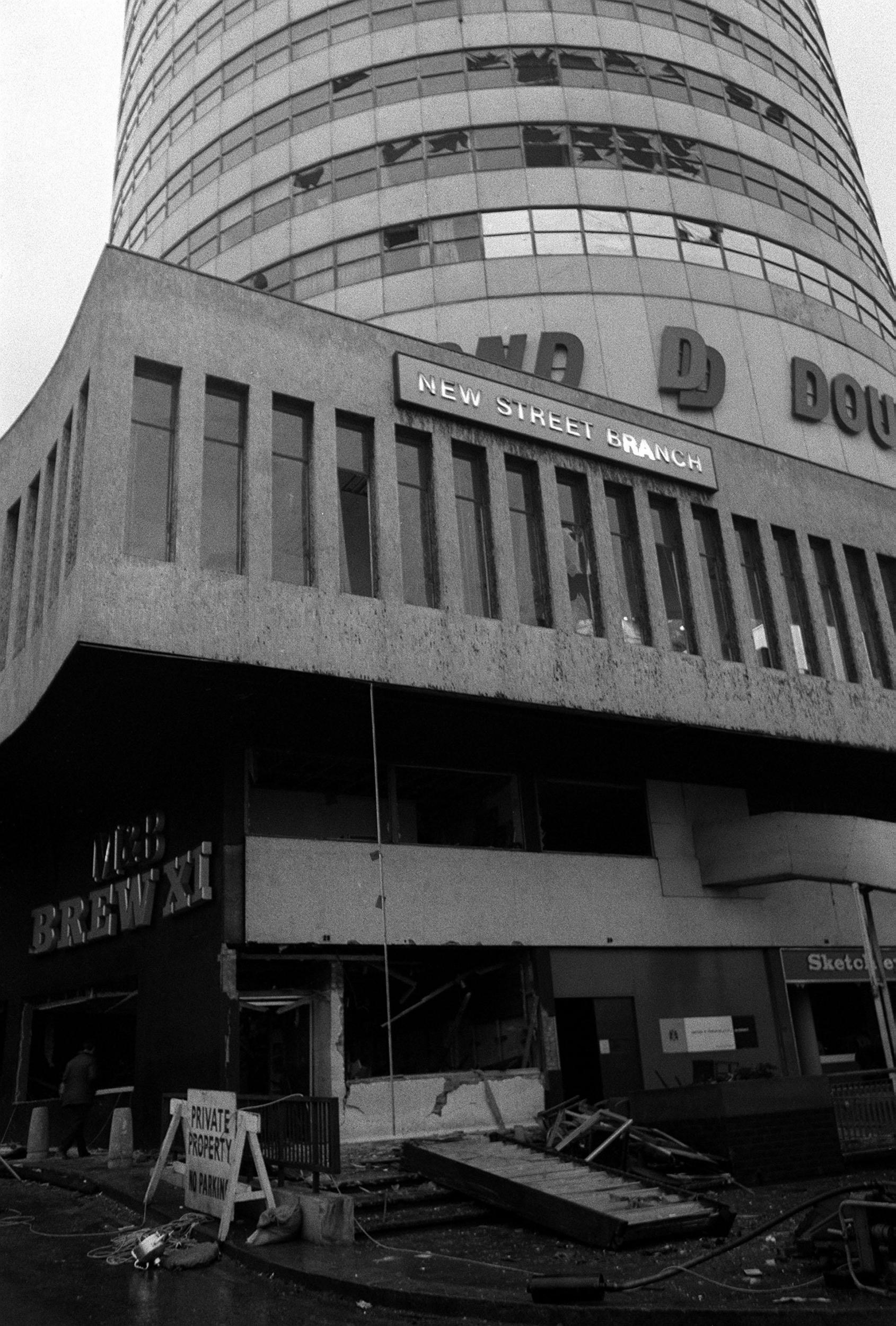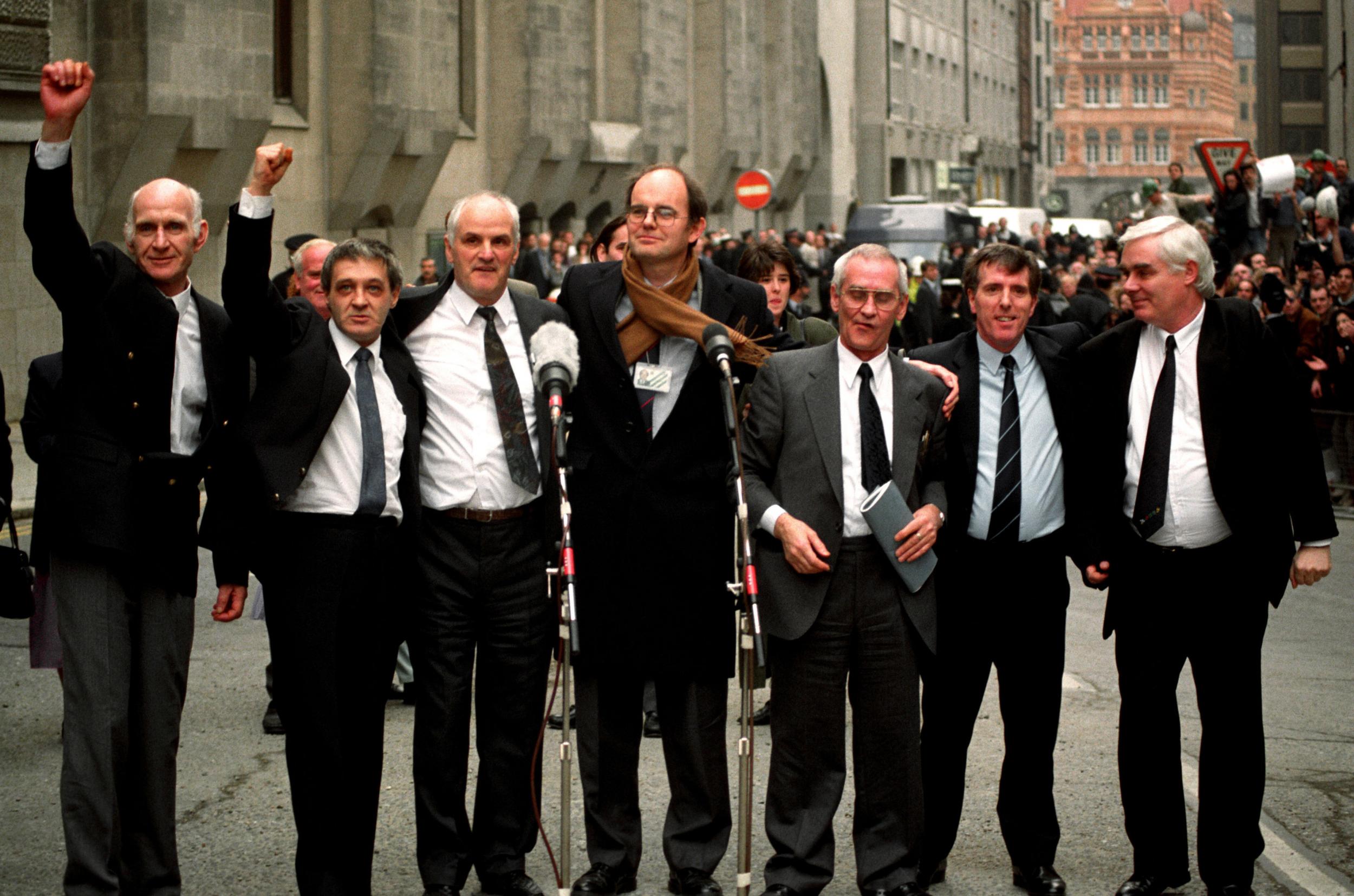Birmingham pub bombings: Who are the Birmingham Six? What happened in the IRA attack? Everything you need to know
The bombing of two central Birmingham pubs in 1974 resulted in the death of 21 people and the injury of 182 others

Your support helps us to tell the story
From reproductive rights to climate change to Big Tech, The Independent is on the ground when the story is developing. Whether it's investigating the financials of Elon Musk's pro-Trump PAC or producing our latest documentary, 'The A Word', which shines a light on the American women fighting for reproductive rights, we know how important it is to parse out the facts from the messaging.
At such a critical moment in US history, we need reporters on the ground. Your donation allows us to keep sending journalists to speak to both sides of the story.
The Independent is trusted by Americans across the entire political spectrum. And unlike many other quality news outlets, we choose not to lock Americans out of our reporting and analysis with paywalls. We believe quality journalism should be available to everyone, paid for by those who can afford it.
Your support makes all the difference.The inquest into the 1974 Birmingham Pub bombings has been reopened by a coroner stating there is a "wealth of evidence" not yet heard.
Until the 7/7 London bombings in 2005, the Birmingham bombings was the worst ever terrorist attack on the British mainland .
The bombing of the Mulberry Bush and Tavern in the Town pubs on 21 November 1974 in the centre of the city resulted in the death of 21 people and the injury of 182 others.
Here are the main facts of the bombings, their impact and the aftermath:
What happened?
On the evening of 21 November 1974, a man with an Irish accent called the Birmingham Post and Evening Mail newspapers to say two bombs were planted in the Rotunda building and in a tax office on New Street.
He finished the warning by saying the then-official code word the Provisional IRA used to authenticate a warning call.
According to its own code of conduct, the IRA would provide adequate warning to the police to allow civilians to be evacuated.

Former IRA officials have since said there was a delay in issuing the warning due to nearby phone boxes being vandalised.
The caller failed to provide the specific location of the actual targets, the Mulberry Bush pub in the 17-storey Rotunda office building and the basement Tavern in the Town pub on New Street.
West Midland Police officers rushed to the Rotunda but were unable to locate the Mulberry Bush bomb before it went off at 8:17pm, killing 10 people. The accompanying bomb in the Tavern in the Town went off 10 minutes later killing 11 people.
Seven women and 14 men were killed aged between 17 and 51. 13 of the victims were aged under 30, including five in their teens.
A third bomb that failed to detonate was found in the doorway of Barclays Bank on the Hagley Road, two miles from the pub bombings.
What was the immediate impact of this attack?
Birmingham had a large Irish population of over 100,000 who found themselves shunned, with some even physically assaulted, as a result of the bombings.
In Northern Ireland, Loyalist paramilitary groups launched retaliatory attacks leaving five Catholic civilians shot dead within two days of the Birmingham attacks.

In addition, the Provisional IRA was declared illegal by the then-Home Secretary, Roy Jenkins, who then introduced the Prevention of Terrorism Act on 27 November.
This allowed police to arrest, detain and question individuals for up to seven days if suspected of planning or involvement with an act of terrorism on the British mainland.
Have the IRA admitted responsibility?
The Provisional IRA never officially accepted responsibility, while forensic examination of the bomb suggested the components were similar to those used by the IRA in other incendiary devices found across the Midlands.
It has been reported the alleged perpetrators were members of the IRA who were made immune from prosecution as a result of the 1997 Good Friday agreement.
Who were the Birmingham Six?
In 1975, six men were found guilty of carrying out the bombings.
Hugh Callaghan, Paddy Hill, Gerry Hunter, Richard McIlkenny, Billy Power, and Johnny Walker spent 16 years in prison before their convictions were finally overturned by the Court of Appeal in May 1991.
They were released on the basis of police fabrication of evidence, unreliability of scientific evidence and the suppression of evidence.

They collectively received millions of pounds in compensation.
Since his release, Paddy Hill has since campaigned alongside the families of those killed for the inquest into the bombing to be reopened.
What could this inquest find out?
The families of some of the those killed have claimed that authorities had prior knowledge of the double bombing before they were carried out.
Louise Hunt, the senior coroner for Birmingham and Solihull, said the decision to hold fresh inquests was made after the families put forward their claims in a series of recent review hearings.
Setting out her ruling, Ms Hunt said there was evidence of two tip-offs to the police before and on the day of the attack, which were not followed up.
They included an overheard comment made by men linked to the IRA that "Birmingham would be hit next week".
A witness reported the comment to police on 10 November but, Ms Hunt said, there was "no indication that the police took any active steps in response to it".
Birmingham Six member, Paddy Hill told reporters outside the Coroner's Court: "I've known the truth all along. It's about time the British public knew the truth."
Join our commenting forum
Join thought-provoking conversations, follow other Independent readers and see their replies
Comments